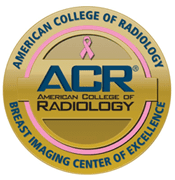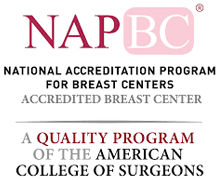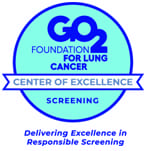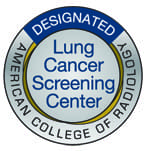Gallbladder Cancer
Gallbladder cancer is uncommon and generally affects individuals aged 70 and older. Early diagnosis often leads to favorable outcomes, but many cases are identified at an advanced stage, leading to a poor prognosis.
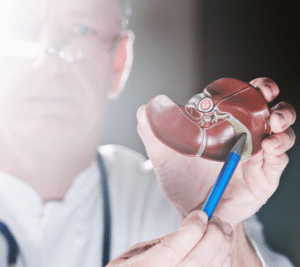 Customized Care for Gallbladder Cancer Treatment
Customized Care for Gallbladder Cancer Treatment
Your team at Phoebe Cancer Center will create a treatment plan based on the latest findings of medical research, and your personal needs and preferences. Our treatment program uses a multi-disciplinary team approach to customized cancer care, helping build goals, set expectations, and explain any potential side effects of available treatments.


